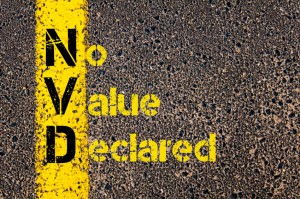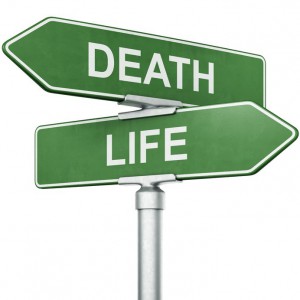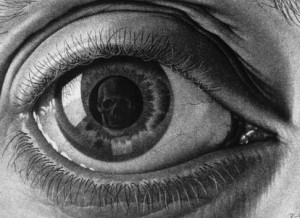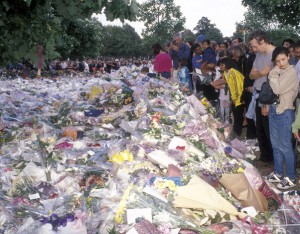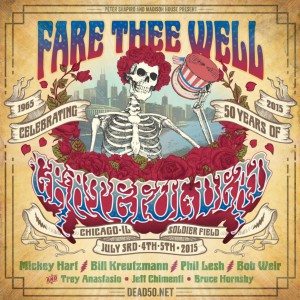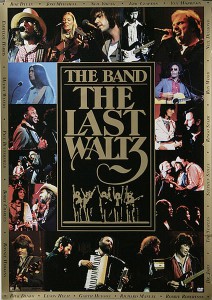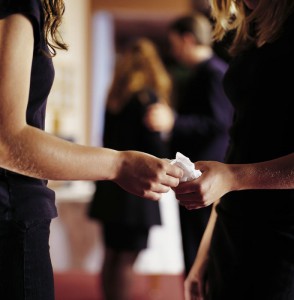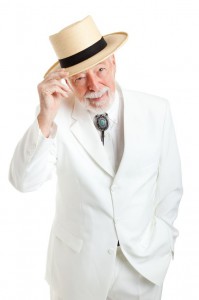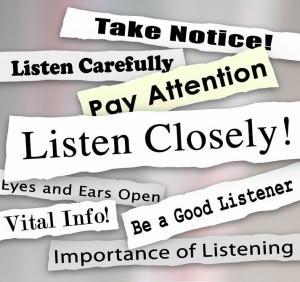COVID has canceled many things and impacted people on a grand scale. Yet, people will still die covid or not! Funeral rituals will remain one of the most important investments for many families and survivors after a death.
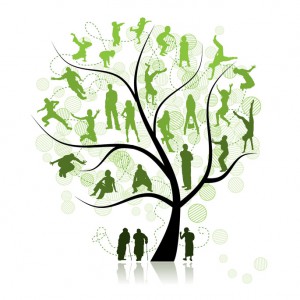
The aspects of funeral let people join together too morn and celebrate a life that was and is a part of who we are. Together we support each other with rituals and traditions that will strengthen the fabric of our lives. Closure! What the heck is closure? And does it ever really happen. Personally, I don’t want to close anything that has to do the love I have for people in my life dead or alive! Funerals provide the platform to move onto the many stepping stones to come. Joining together to remember someone continues the bonds between us and our connections to each other.
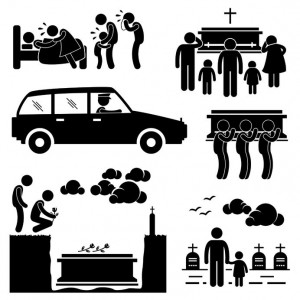
The pandemic has changed the way funerals happen but should not keep them from happening. There are limitations in place in some areas based on current pandemic levels. Even as the pandemic has limited access to large social gatherings, funerals remain an important aspect of end of life. How can funerals take place? What can be done to create a holistic experience that’s safe for loved ones to attend? What does a funeral look like today?
People Are Adjusting to Hurdles
While there are some limitations and necessary changes to funeral planning, people are adjusting to it. Conducting services in the current climate typically means creating ways to get around some risks while providing opportunities to come together safely in a caring and healing environment. Consider a few ways funeral planning is changing to accommodate these needs.
Adherence to State Rules
One important change comes in following state laws and local city rules regarding congregating. Especially during the early portion of the pandemic, many states limited gatherings of 10 or more people. For families expecting 10 times that number of visitors during a funeral, limitations are evident. People are also becoming more flexible and understand that we do not gather in groups the ways of the past. Many restaurants

now require proof of vaccination and photo ID to enter, why not the same for a funeral gathering?
The first step in the process is to know what these rules are. What limitations are present currently? On top of that some towns and cities have implemented local rules of gatherings. The funeral directors in your local funeral homes keep up to date with ordinances and can help guide and advise you on what can be done. They also have relationships with the different types of venues in your area not just funeral homes.
Creating a Safe Funeral and Gathering
The next step is to consider how to manage a funeral around those restrictions. Again, those planning a funeral can find workarounds to this. For example, keeping the service private to those who are most likely to feel the loss of the individual is one step many have taken. In addition, some are limiting guests to no more than 5 to 10 immediate family members.
In-person funerals may not be as readily available in many areas. Funeral providers are notified of any limitations, and they should serve as your first point of contact for information and guidance. Those who wish to honor a loved one with religious services can still do so. This is often done with the support and guidance of faith leaders in the community.
Virtual events are one of the ways many families have embraced. They allow for a very limited number of people to gather for the funeral but allow for a live video of the event to occur. Virtual events have become valuable even if people are able to gather for traditional funerals. With many being unable to attend due to their own health risks or because travel is complicated and limited, the use of a virtual component simply makes sense. Zoom is one such service available.
Some funeral homes are offering these services as a common component of funeral services. Funeral directors can help arrange virtual services that work for your needs in all cases. This allows people from around the world to come together to honor a lost loved one at a distance.
Social Distancing

Many states have relaxed their rules on funerals, allowing small groups to gather. Yet, doing so in a socially distanced manner is still very important to keep loved ones safe. Working with a funeral director, it may be possible to create numerous ways to create a socially distanced wake, funeral, and memorial gathering.
- Family members may no longer greet loved ones at the door or as an entrance into the room. They may be seated in a place of honor, but the tradition of hugging those who arrive is less likely to occur.
- Mask wearing has grown to be a standard in funeral settings. It allows for some level of protection.
- Frequent handwashing is also recommended. In addition, many locations have set up sanitation stations to make it possible for family members to easily reduce the spread of germs.
- Outdoor events, when possible, may also be an option. Instead of a family gathering and meal after a funeral indoors, hosting one outside may help to reduce some of the risks.
- Skipping the in-person wake and having a graveside service is another option. These may be longer than traditional graveside services, but they may help to give loved ones a chance to come together outdoors where the risks are lower.
From live-streamed services to the use of outdoor events, funeral planning is significantly different right now. Yet, it is still possible to have a meaningful way to say goodbye in many cases.
There’s No Need to Wait

Some people early on in the pandemic made the decision to postpone funeral arrangements until a later date. It is still possible to do this. However, it’s not necessary and such delays are usually not a good idea when survivors need a place to start. There are steps funeral homes can take to ensure that individuals who have died are not a risk to those in attendance. More so, waiting does not provide families with the ability to grieve in the same way.
Having a service in a timely manner is beneficial for many reasons. However, it’s also important to remember that things aren’t going to get better – COVID-19 and other health risks may continue to create some limitations for individuals for years to come. Delaying arrangements to allow for outdoor events may be acceptable, such as for end-of-life celebrations and memorial gatherings. Yet, funerals do not require postponement.
New solutions are becoming more readily available to allow public gatherings in many areas. It’s simply necessary to find new ways to communicate and reach the necessary people. Often, funeral directors have the tools and resources to help plan events like this even when there are numerous circumstances to consider. Unlike the Broadway shows that have temporarily closed, with funerals “the show” must go on.
Does Burial and Cremation Differ Now?
There has been an upward trend in cremation, but this is due to many reasons. It is still safe for people to be buried as it has always been. Even individuals who have passed due to COVID-19 can still be buried following traditional and religious ceremonies. The pandemic should not effect your decision to cremate or bury, both are still open.
However, many people have elected to use cremation as a final disposition. One reason for this is the reduced cost another is many consider cremation more simple. For those dying at a younger age, funeral planning and pre-purchasing plots for burial or space in mausoleums hasn’t been done. Family members may not want or cannot afford to make these purchases when an unexpected death occurs.
Cremation simply fits the desires of many people today as well. The desire to have their ashes scattered is also significant for many people. In fact, it is by far the number 1 final destination for ashes today. They even design cremation urns that are made to scatter the ashes. Biodegradable urns that float and then dissolve to spread the ashes over water. Scattering urns that convert into a memorial birdhouse is actually a thing! Even a hand-held ash scattering cannon dubbed “The Loved One Launcher”.
Should You Scatter Ashes?

While many people set out to scatter a loved one’s ashes where they enjoyed spending time or perhaps in a space that is special to them for other reasons, it’s sometimes best to hold onto at least some of those ashes. Unlike a burial plot, when ashes are scattered, it may make it a bit more difficult for some people to visit and reflect on the loss of their loved one. There’s no place to “go” when it comes to needing to pay respects.

One of the options available, then, is to use jewelry to hold some of the remaining ashes as well as jewelry made from a loved ones fingerprint.

This is an incredible way to allow people to remain close to a loved one. It provides a simple tool to aid in the mourning process without being intrusive. Many families are using jewelry like this to provide several family members with a small amount of a loved one’s ashes. This may be given to siblings, children, or special friends and family members.
What to Do to Plan Your Loved One’s Funeral
As you face the loss of your loved one, know that you can celebrate their life and pay respects to them in meaningful ways. The pandemic may have changed how this happens for many people, but it’s also created opportunities for coming together in new ways.
At the heart of the process is working closely with area funeral directors. These professionals not only have the most up-to-date information regarding limitations on gatherings and other rules, but they also are working with other funeral directors around the country to find new ways to honor people’s wishes and needs in a time of loss.
This may include creating small in-person gatherings, even home funerals are making a comeback. It may include the use of live-streamed services. In some cases, family members may simply prefer a 100 percent virtual memorial celebration. They can work closely with family members to create outdoor events, including those in a backyard, at the gravesite, or even in a park. They may also be able to work with religious leaders to ensure all end-of-life obligations are met.
If you have lost a loved one, know that you have options for honoring their wishes and needs. For example, you can still plan a traditional burial for your loved one, or you may wish to elect the use of cremation if it supports your needs better right now. Remember, too, that these final memorials are meant to support the needs of the living. So, create a memorial that works for your needs.
If you decide to choose options such as cremation, consider the value that cremation urns for scattering ashes, traditional urns, and jewelry for ashes can complement the way you celebrate the life of your loved one.


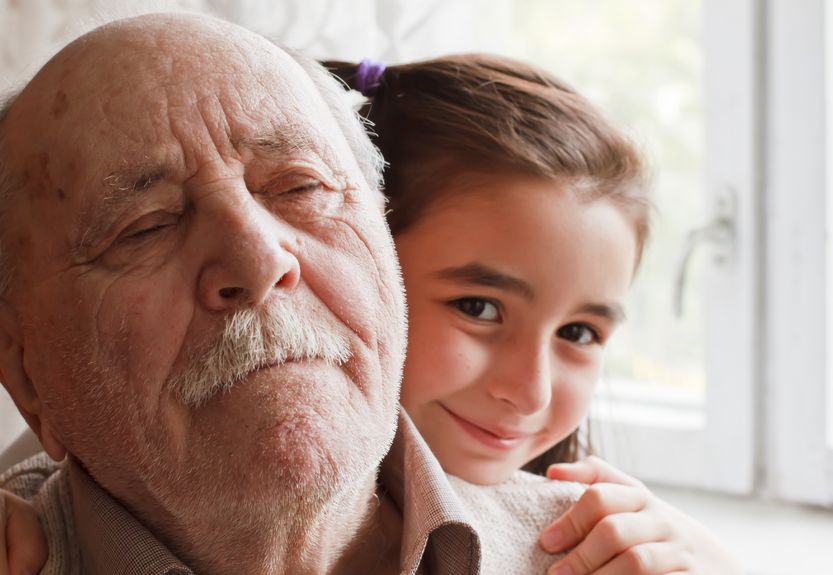 Grandparents are very important people in every child’s life. They keep wishing that they can be around them again. No one wants to watch their children going through the pain of facing the loss of death. Everyone intends to help guide the child in understanding what has happened and it is important to know the best ways to accomplish that.
Grandparents are very important people in every child’s life. They keep wishing that they can be around them again. No one wants to watch their children going through the pain of facing the loss of death. Everyone intends to help guide the child in understanding what has happened and it is important to know the best ways to accomplish that.

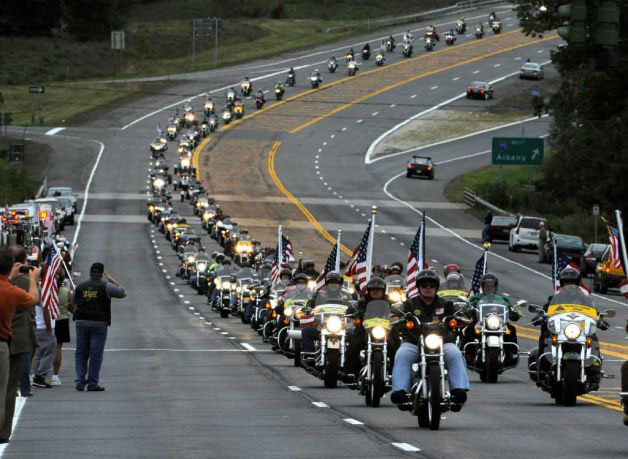 The Patriot Guard is an organization with its core comprising of motorcycle riders who perform funeral services for our
The Patriot Guard is an organization with its core comprising of motorcycle riders who perform funeral services for our 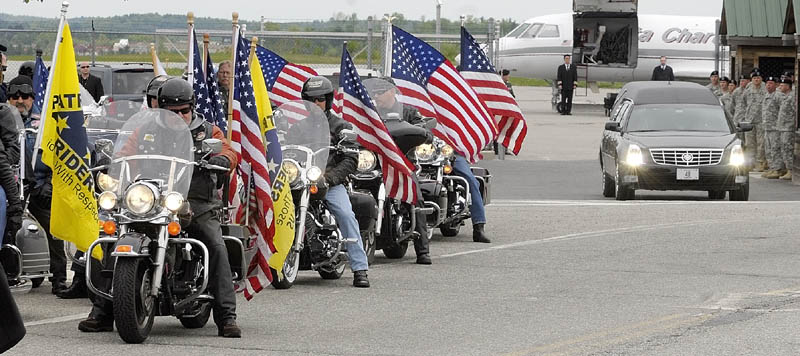
 What does hero mean to you? Since it has many so meanings to different people? Those who like fantasy realm will associate the word hero with the brave character that conquers an attacking army and defends his people. Some will name their favorite artist or athlete. But for me, a hero is the one who ventures out into the danger zone and risks their life to protect the freedom of others.
What does hero mean to you? Since it has many so meanings to different people? Those who like fantasy realm will associate the word hero with the brave character that conquers an attacking army and defends his people. Some will name their favorite artist or athlete. But for me, a hero is the one who ventures out into the danger zone and risks their life to protect the freedom of others.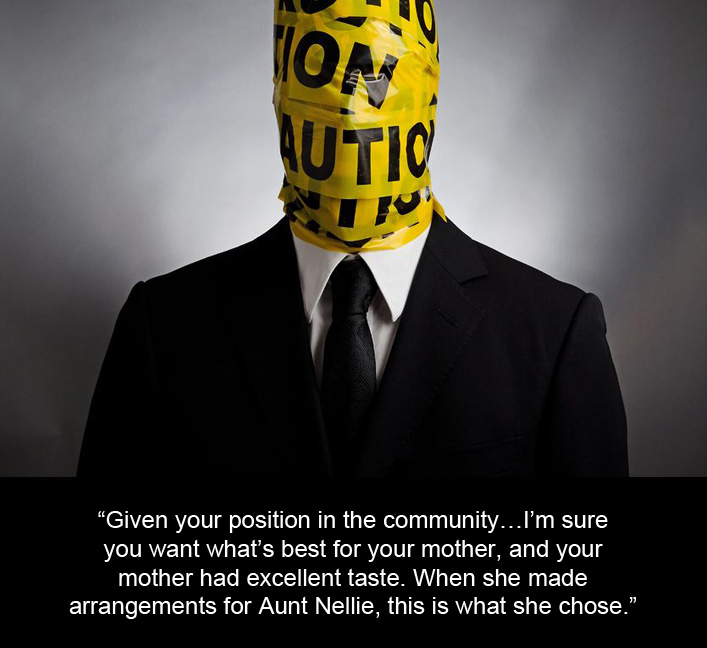 Alan explains how the funeral directors true role is to educate families about all of their options so they can make informed choices. I can’t agree more with Alan, especially with today’s funeral-avoiding culture! Many funeral directors are facing off with families that have basically made up their minds and have their heels dug in regarding those savage funeral directors attempts to up-sell them! As an experienced funeral director that’s involved in my industry, I can tell you that one of the biggest fears of my colleagues is them being accused of taking advantage of people’s grief and pressuring them into unnecessary goods and services. In reality funeral directors worst sales people ever! Sure, there are a few bad apples that do just that, but far and wide most funeral directors are terrified of being categorized as one of those vultures preying on the bereaved. The media has taken
Alan explains how the funeral directors true role is to educate families about all of their options so they can make informed choices. I can’t agree more with Alan, especially with today’s funeral-avoiding culture! Many funeral directors are facing off with families that have basically made up their minds and have their heels dug in regarding those savage funeral directors attempts to up-sell them! As an experienced funeral director that’s involved in my industry, I can tell you that one of the biggest fears of my colleagues is them being accused of taking advantage of people’s grief and pressuring them into unnecessary goods and services. In reality funeral directors worst sales people ever! Sure, there are a few bad apples that do just that, but far and wide most funeral directors are terrified of being categorized as one of those vultures preying on the bereaved. The media has taken 




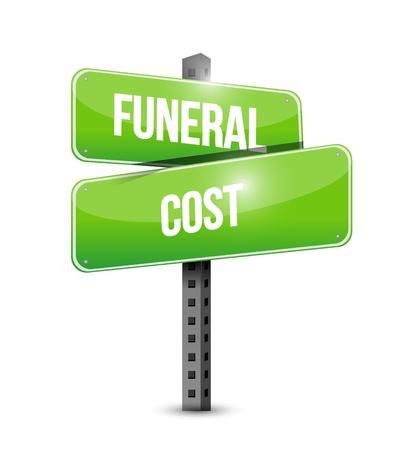 COST: When you get down to the basic cost of a funeral, cremation can be significantly cheaper. The average traditional funeral these days can cost $8,000.00 to $15,000.00 or more. And a basic cremation is $1,000.00 to $2,000.00. Why such a broad range in price? Simple, it depends on who you call! And of course the choices that you make. Over the years, I have noticed something about how the general public describes the cost of a funeral that I would like to clear up right now. I noticed that when people quote the cost of a traditional funeral they tend to group all of the related costs together! For example “Mom’s Funeral Cost $18,00.00”… but the actual funeral costs might have been $8,000.00 and included the cost of a cemetery plot, digging the grave, flying in certain relatives, putting aunt Millie up at the Hilton and a $6,000.00 reception at a catering hall. But when quoting the cost of cremation people tend to just quote the basic cost “Instead of having a funeral Dad was cremated and it only cost $995.00”. They don’t mention the $10,000.00 memorial catering cost at the country club, the band and the travel costs! So this is one reason the difference in Cremation versus a Traditional Funeral seems like a huge difference in cost. In actuality Cremation is just a disposition like burial is a disposition and all the related costs depends on the CHOICES THAT WE MAKE. “The cremation cost $995.00”. The burial including the purchase of the plot and digging the grave might only cost $2,000.00 but people never just quote this cost, they lump it all together with the choices that they make. These are the conversations that really annoy funeral directors and instantly put them on the defense of the funeral costs.
COST: When you get down to the basic cost of a funeral, cremation can be significantly cheaper. The average traditional funeral these days can cost $8,000.00 to $15,000.00 or more. And a basic cremation is $1,000.00 to $2,000.00. Why such a broad range in price? Simple, it depends on who you call! And of course the choices that you make. Over the years, I have noticed something about how the general public describes the cost of a funeral that I would like to clear up right now. I noticed that when people quote the cost of a traditional funeral they tend to group all of the related costs together! For example “Mom’s Funeral Cost $18,00.00”… but the actual funeral costs might have been $8,000.00 and included the cost of a cemetery plot, digging the grave, flying in certain relatives, putting aunt Millie up at the Hilton and a $6,000.00 reception at a catering hall. But when quoting the cost of cremation people tend to just quote the basic cost “Instead of having a funeral Dad was cremated and it only cost $995.00”. They don’t mention the $10,000.00 memorial catering cost at the country club, the band and the travel costs! So this is one reason the difference in Cremation versus a Traditional Funeral seems like a huge difference in cost. In actuality Cremation is just a disposition like burial is a disposition and all the related costs depends on the CHOICES THAT WE MAKE. “The cremation cost $995.00”. The burial including the purchase of the plot and digging the grave might only cost $2,000.00 but people never just quote this cost, they lump it all together with the choices that they make. These are the conversations that really annoy funeral directors and instantly put them on the defense of the funeral costs. GREEN: The general public perceives cremation as a greener alternative to burial. A traditional burial takes up land permanently. And the chemicals that are used for embalming are cancerous and could leak into the water table. Here in the US an outer concrete burial vault is used and requires the manufacture of 1.6 tons of concrete and steel, leaving a large carbon footprint through the process of manufacturing. The caskets are often made of steel and many are shipped here from China (not green). Wooden caskets that are made from unsustainable sources like mahogany destroy the rain forest. BUT cremation isn’t exactly green either! Cremation involves burning fossil fuels (not green) and can release mercury from dental fillings into the air. What’s really green is called “Green Burial” and is only permitted in a natural burial site. More and more of these types of cemeteries are becoming available. Green burial is a burial in a naturally biodegradable casket or shroud with no embalming and no burial vault in a shallow grave. Green burial is the most natural and greenest disposition of all.
GREEN: The general public perceives cremation as a greener alternative to burial. A traditional burial takes up land permanently. And the chemicals that are used for embalming are cancerous and could leak into the water table. Here in the US an outer concrete burial vault is used and requires the manufacture of 1.6 tons of concrete and steel, leaving a large carbon footprint through the process of manufacturing. The caskets are often made of steel and many are shipped here from China (not green). Wooden caskets that are made from unsustainable sources like mahogany destroy the rain forest. BUT cremation isn’t exactly green either! Cremation involves burning fossil fuels (not green) and can release mercury from dental fillings into the air. What’s really green is called “Green Burial” and is only permitted in a natural burial site. More and more of these types of cemeteries are becoming available. Green burial is a burial in a naturally biodegradable casket or shroud with no embalming and no burial vault in a shallow grave. Green burial is the most natural and greenest disposition of all.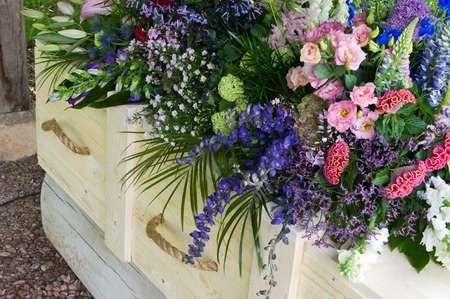 The money saved by choosing cremation can be used to purchase goods and services that will further personalize the experience of joining together to commemorate a life well lived. First, select a casket. This can be as simple as a cardboard box, a simple wooden box or an ornate cremation casket. They call these things alternative containers and by law you need one for cremation to take place.
The money saved by choosing cremation can be used to purchase goods and services that will further personalize the experience of joining together to commemorate a life well lived. First, select a casket. This can be as simple as a cardboard box, a simple wooden box or an ornate cremation casket. They call these things alternative containers and by law you need one for cremation to take place.
 If an urn is
If an urn is 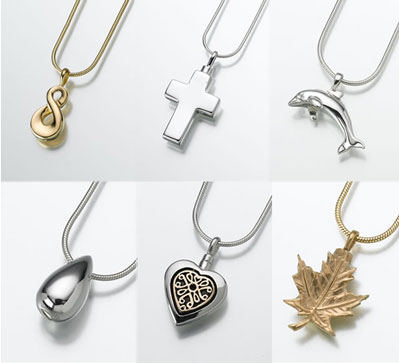
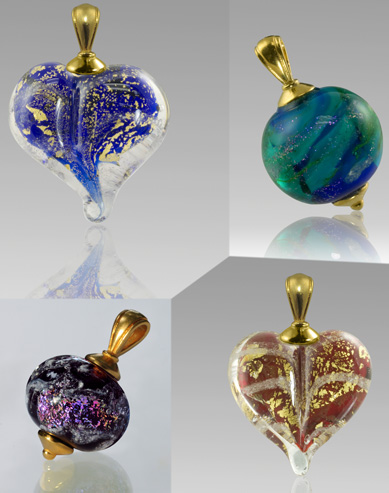 welry
welry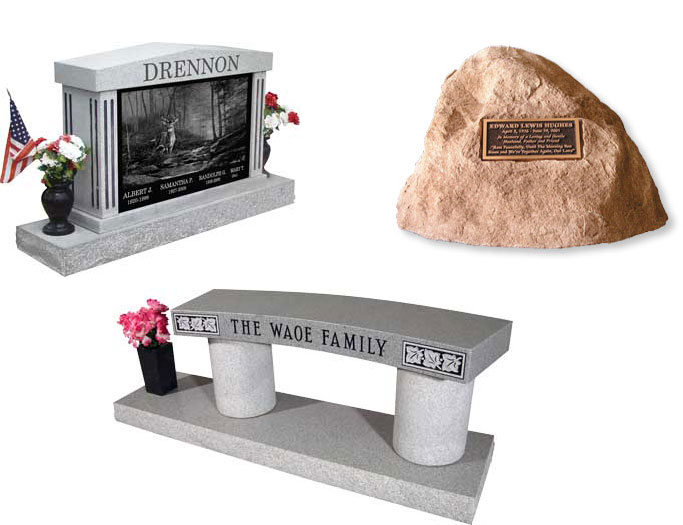
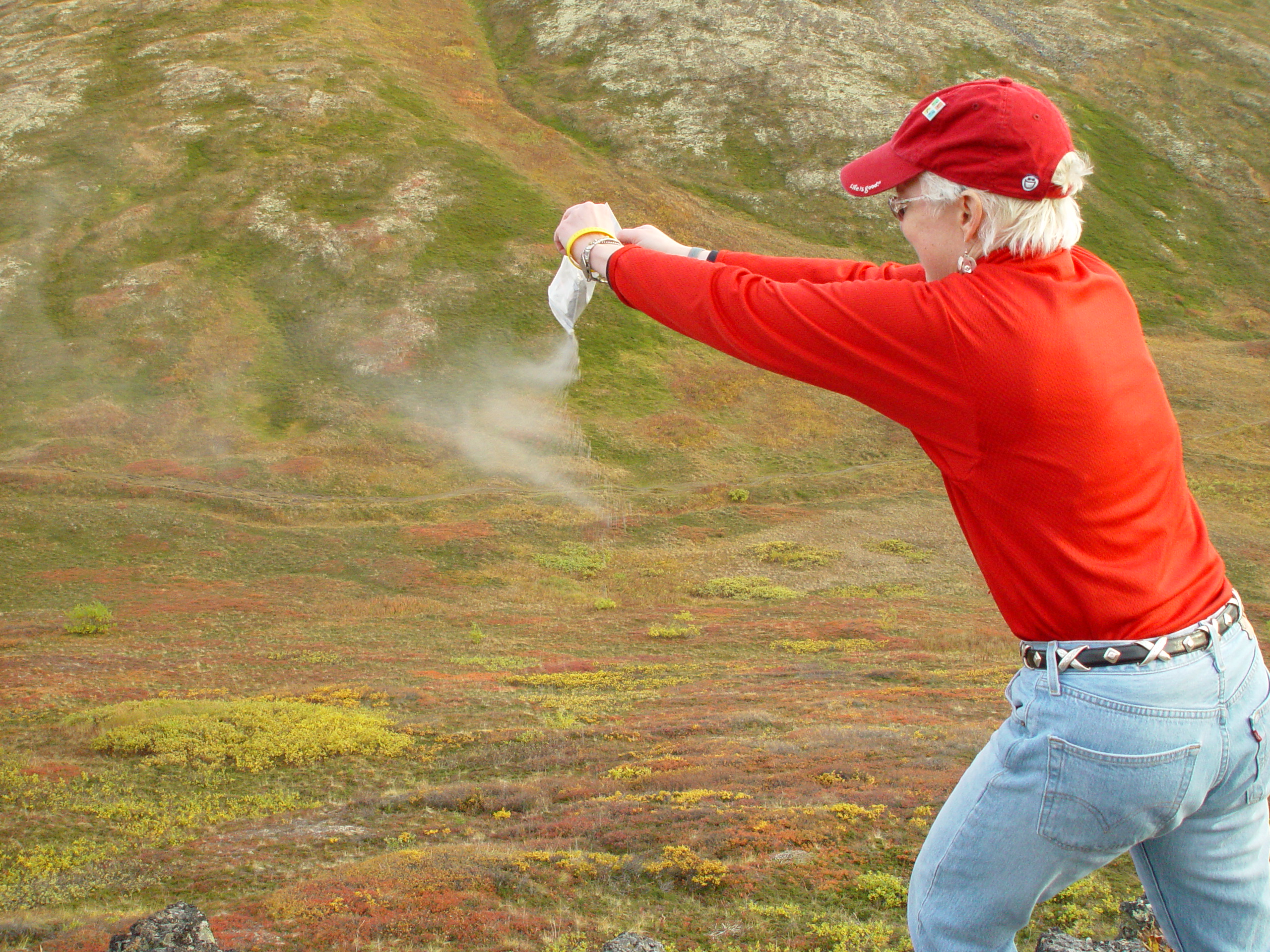 Scattering is NOW the #1 disposition of cremated remains in the United States and Canada and continues to grow. Funeral professionals are the only ones that aren’t catching on. Most funeral professionals consider scattering a dirty and unprofitable choice of final disposition. They will help you get buried or interred. They will help you create funeral and memorial events. But when the choice is to scatter the ashes, they will help you as far as the door! Some of the more progressive funeral homes now offer special urns for families that choose to scatter the ashes, but that’s about as far as it goes.
Scattering is NOW the #1 disposition of cremated remains in the United States and Canada and continues to grow. Funeral professionals are the only ones that aren’t catching on. Most funeral professionals consider scattering a dirty and unprofitable choice of final disposition. They will help you get buried or interred. They will help you create funeral and memorial events. But when the choice is to scatter the ashes, they will help you as far as the door! Some of the more progressive funeral homes now offer special urns for families that choose to scatter the ashes, but that’s about as far as it goes.
